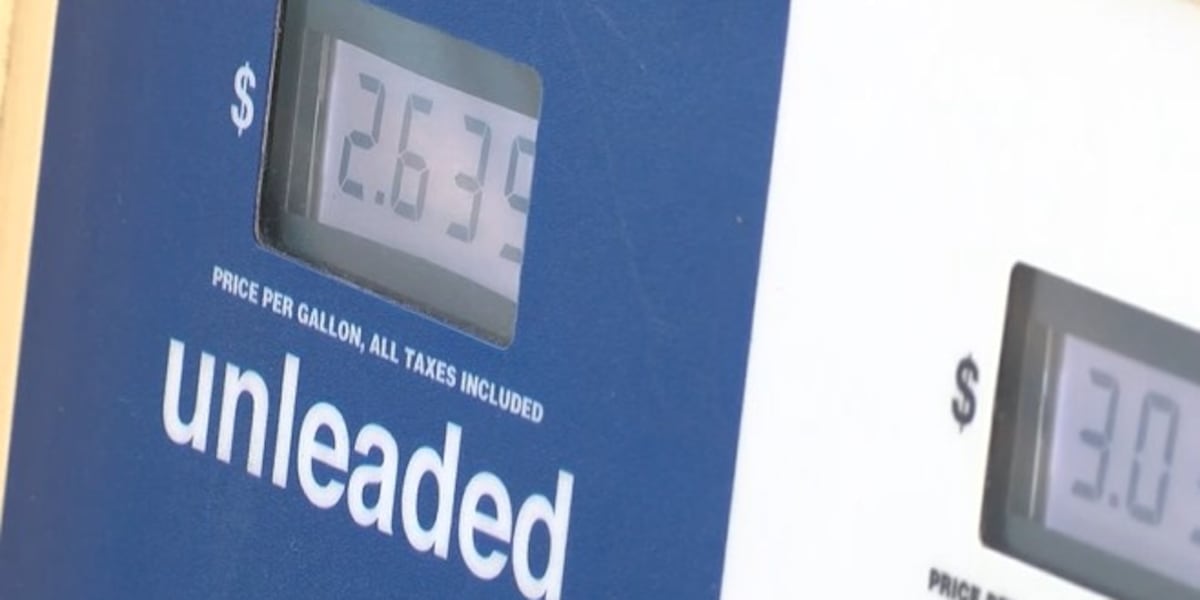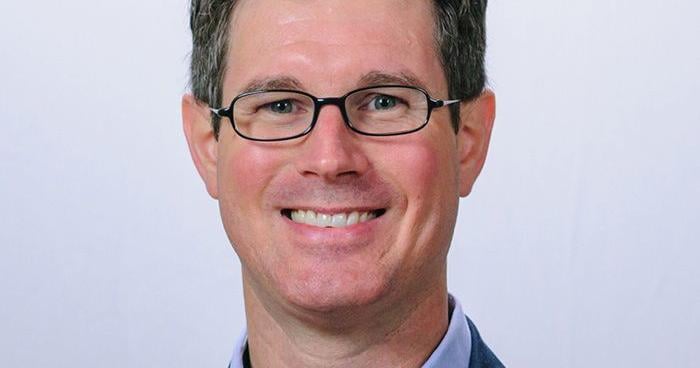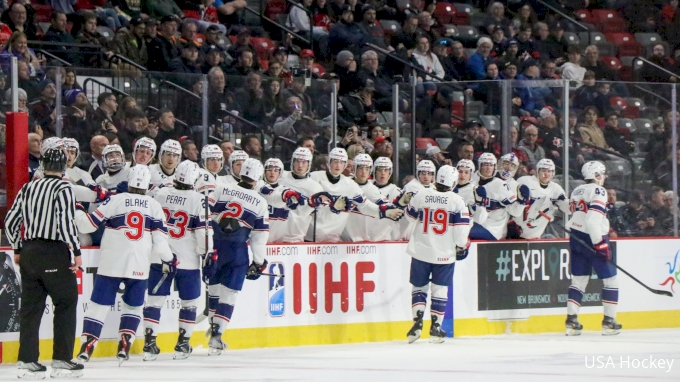Fitness
Roma fitness coach Giovanni Brignardello discusses keys to successful preseason training camp

Roma kicked off a new series of interviews with members of Daniele De Rossi’s staff.
Today’s interview with fitness coach Giovanni Brignardello helped shed some light on the progress made by the Giallorossi in this year’s preseason training camp.
“I have pretty much always worked in sport. I was a trainer for the Italian national water polo team for a few years. I lived in Genoa, where I had a physiotherapy centre used by several players of Sampdoria and Genoa, who came there for treatment,” Brignardello told the club.
“It was on the basis of this experience that, in 2002, Beppe Marotta – then chief executive at Sampdoria – called me up with a proposal that I join Walter Mazzarri’s staff. To start with I was tasked with supporting recovery from injury and over time I became a fitness coach for football.”
“A football coach who understands some general principles of fitness work very well is much more of a fitness coach than the fitness coach themselves. If all tactical situations are covered in an analytical, low-intensity form, the fitness coach can work as hard as they want, but a satisfactory goal will never be achieved.
“If a coach, on the other hand, leads a session with a strong technical and tactical focus, but where real physical commitment is required, that’s key to the work proving successful.”
“De Rossi? There has always been a relationship of mutual esteem between us. From there, the professional relationship was born.”
“I got to know Daniele in the latter part of his career. Like all footballers, he evolved over the course of his career. He was a high-level athlete, who dealt with certain physical issues. He was well aware and careful about his fitness. I have always known him to be a very responsible person.”
“Coaching here is fundamental. The owners with their investments have provided the players with a truly avant-garde centre, where nothing is missing. The facility is key to both the way you work and the indirect messages you send to the players.
“I’ll give you an example. If you have a very well-equipped gym, it means that gym work is important to you. If you have a recovery area with swimming pools and other first-class facilities, it means that the recovery phase is important to you. Everything is here and we are absolutely satisfied with that.”
“When it comes to going up in the mountains, there is a basic misunderstanding. First of all, the altitude must meet precise requirements: it must be at least 2,000 metres. Then, you have the length of the stay. If you stay in the mountains, you temporarily have physiological effects. These are temporary, however, and will then fade, disappear.
“For us, with a campaign spread over 10 months, this is entirely insignificant. The second thing is that, going to another destination means not having all the facilities and organisation you have at a centre like Trigoria. Thirdly, the first game in Cagliari will be on 18 August. I don’t think it will be a cool temperature. The choice on whether to go for a training camp is based on other principles.”
“We are going to England, but before we go, we’re waiting for most of the players to join up with our squad, so we can start working on everyone. Going anywhere with eight to nine players doesn’t make much sense. It makes sense to travel when the majority of the group is together.”
“Training in the mountains makes sense when you have to prepare for competitions that take place over a certain period, in the short term. If I’m getting ready for a marathon, or an Olympic Games, it might make sense to go to the mountains. In football, the physical work is much more long-term.”










